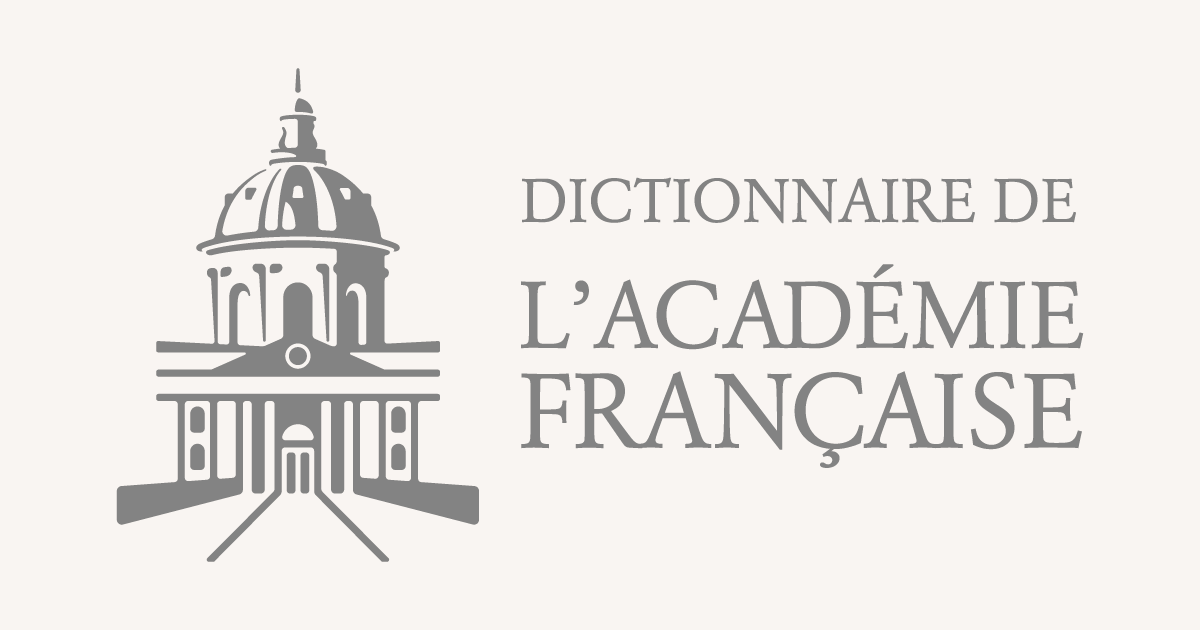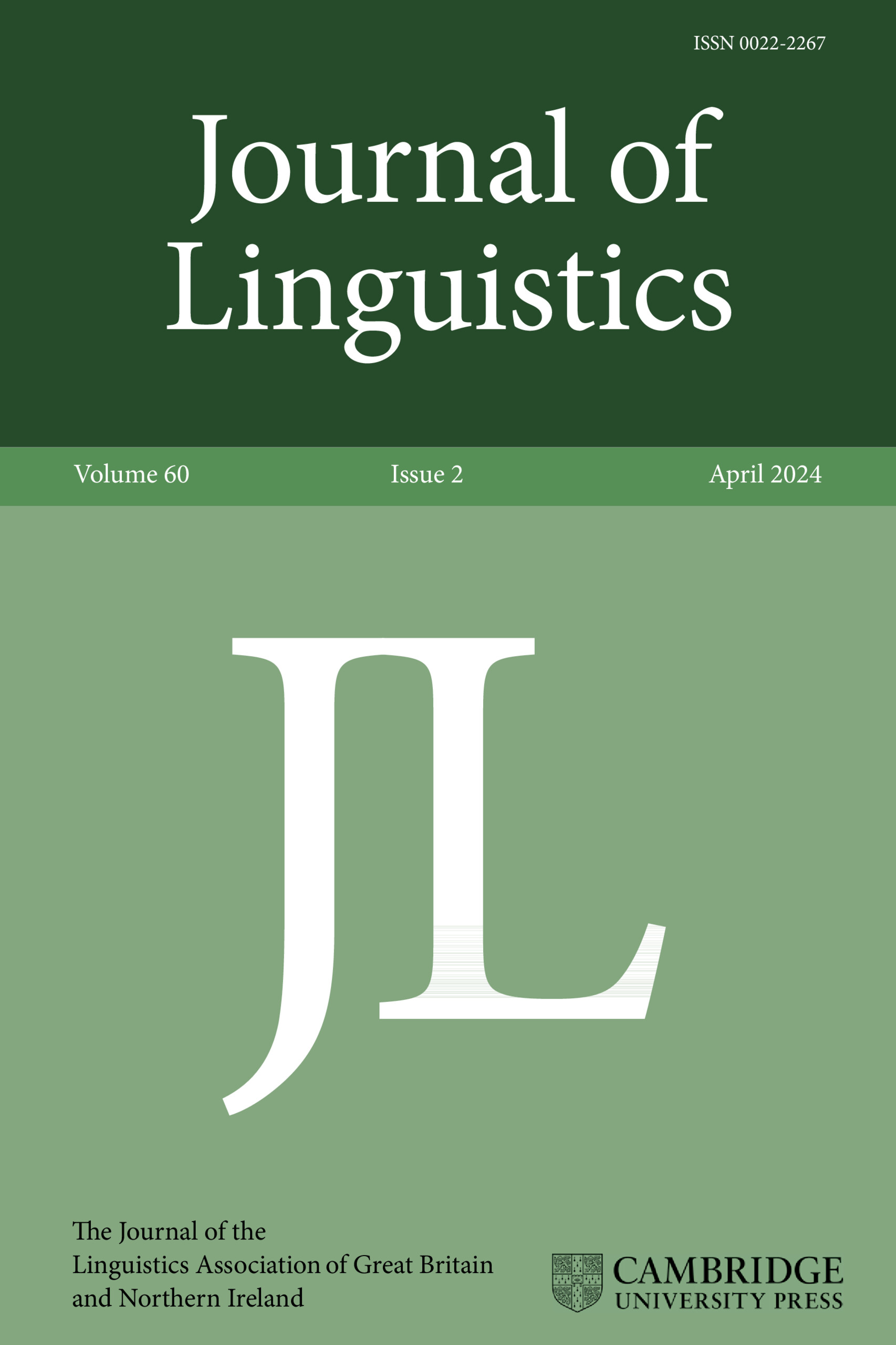Originally posted by vinteuil
View Post
 But I'd have said probably facultatif. Not sure about the regional aspect, but no liaison tends to be a bit less soigné. The hiatus less of a problem before un. Aprez-avoir, apre(z) un rêve?
But I'd have said probably facultatif. Not sure about the regional aspect, but no liaison tends to be a bit less soigné. The hiatus less of a problem before un. Aprez-avoir, apre(z) un rêve?





 Mais enfin there are people, monsieur, people. They do what they want to do. Illogical, irrational, incorrect, provocative, against tradition, at ainsi de suite.
Mais enfin there are people, monsieur, people. They do what they want to do. Illogical, irrational, incorrect, provocative, against tradition, at ainsi de suite.
Comment